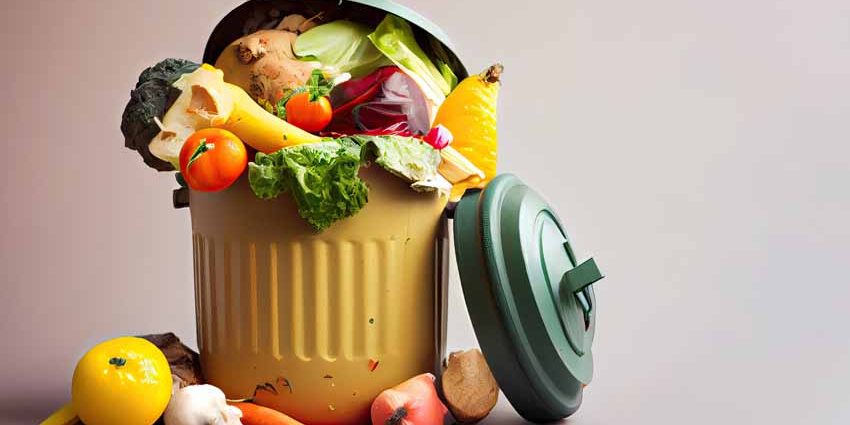Food loss and waste is a scourge in our society, but it also represents an opportunity to achieve a triple benefit – for the climate, food security and the sustainability of our agri-food systems.
According to data from the Spanish Ministry of Agriculture, Fisheries and Food, people living in Spain wasted around 1,245.88 million kg of food in 2021. This means that 3.8% of the total amount of food and beverages purchased inside and outside households is wasted.
In addition, food loss and waste has caused 8-10% of global warming gas emissions from food during the period 2010-2016, according to the latest report of the Intergovernmental Panel on Climate Change (IPCC).
At a collective level, both institutions and society are well aware of this problem. It is necessary to continue working to raise awareness and sensitise citizens.
While it is true that most waste happens in households, industry can and will do all it can to reduce food waste and food waste in their plants. In this way, not only will they conserve resources and minimise costs, but we also contribute to environmental sustainability.
Strategies to prevent food waste
Achieving waste reduction involves rethinking the production system, and often small changes can make a huge difference. In general, there are seven keys:
- Efficient production planning and management: With supply chain management systems that enable accurate production planning and by implementing accurate demand forecasts to avoid overproduction.
- Inventory control: Keep an accurate record of food in stock and use the FIFO (first in, first out) principle to ensure that the oldest products are used first.
- Process improvement: Examine and optimise production processes to reduce waste generation and reuse or valorisation of by-products wherever possible. In this sense, by-product recovery offers a very wide range of possibilities that can be economically very profitable.
- Staff education and training: It is important to train staff on the importance of reducing food waste and how to do so in their daily tasks.
Technology and smart labelling: Technology is undoubtedly the great ally in reducing waste. From smart labelling systems that indicate expiry dates and proper storage, to tracking and monitoring technologies to identify products at risk of wastage before they become unfit for consumption. It is also worth considering the possibility of using environmental management software that includes food waste parameters in its improvement scenarios. In this sense, ENVIRODIGITAL is the perfect option, as it is the only software specialised in the food industry that takes into account all the characteristics and conditioning factors of the sector. - Collaboration with suppliers: Work closely with your suppliers to reduce excess inventory and improve order coordination.
- Measurement and monitoring: Constantly monitor food waste and set targets to gradually reduce it. Measurement will help you identify problem areas and make adjustments.
